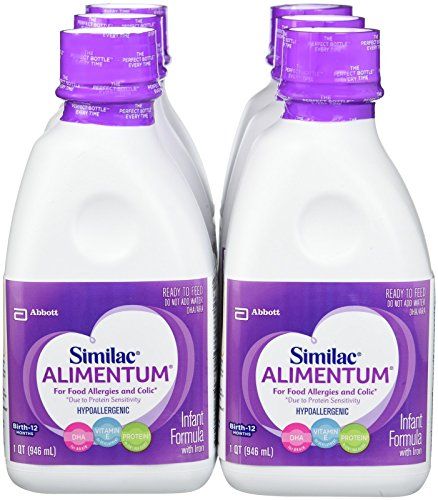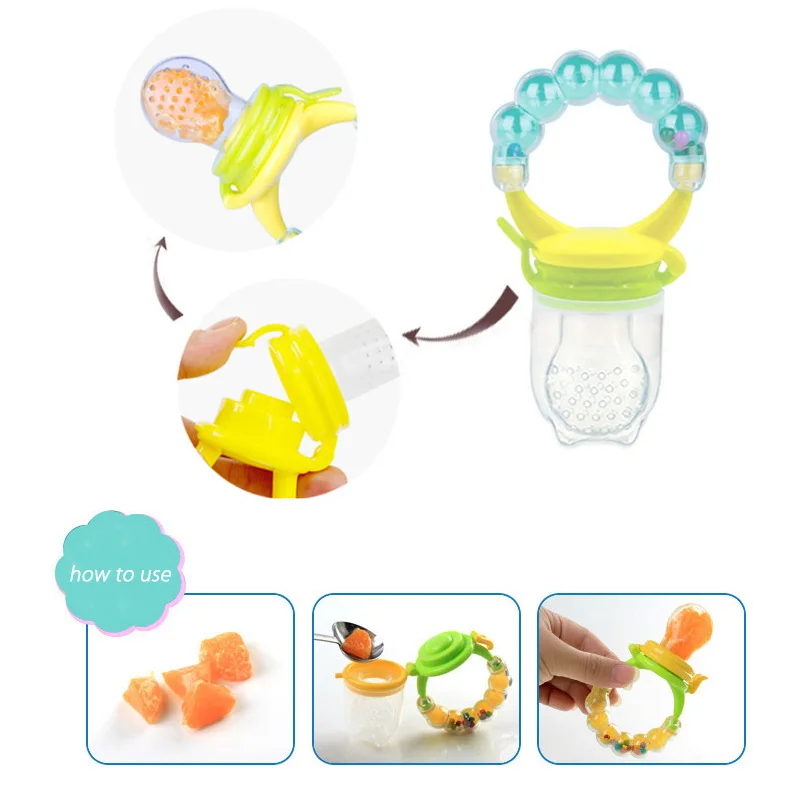Baby feeding experts
Infant Feeding Specialist - Doula Training and Certification
"ProDoula is an approved provider of nursing professional development by the South Carolina Nurses Association, an accredited approver by the American Nurses Credentialing Center’s Commission on Accreditation."
This training is approved for 17 American Nurse Association continuing education units.This training must be attended in its entirety in order to benefit from the 17 continuing education hours approved by the American Nurse Association.
The foundation of this program rests in the knowledge that breastmilk is considered the biologically optimal food for babies, while also respecting and preparing the specialist to support and embrace the alternatives available for infant feeding.
We know how badly this knowledge is needed in our industry, by both birth workers and the clients we support.
- “The training was profound and provided 17 out of the required 24 CEU’s needed to renew my LPN license.
This is a hands on, interactive workshop incorporating actual people and actual tools, working through actual feeding scenarios and academics. You will leave this workshop ready to assist actual families. This training is innovative, inclusive, and unbiased and covers a myriad of topics relevant to the first 12 months of infant feeding. Infant Feeding Specialists are effectively, filling the gap between a parent successfully feeding their infant, and the need for an IBCLC or medical intervention. The Infant Feeding Specialist is an essential part of helping families achieve their feeding goals and maintaining their success.
Not to mention the historical information around breastfeeding you’ll learn, and other relevant health considerations for today’s modern families!
The process for becoming a Certified Infant Feeding Specialist, is as follows:
- Register for and attend an Infant Feeding Specialist Training
- Required reading (link to purchase) – Guilt-Free Bottle Feeding, by Madeleine Morris- Chapter 2 “Why bottle-feeding will not make your baby fat, sick or stupid”
- Successfully complete the Infant Feeding Specialist Certification Exam, including the following mediums:
- Multiple choice
- True/False
- Short answer
- Essay
- Client Profile
- IFS Oral Examination
- The ProDoula office will contact you with your exam results once all portions of your exam have been completed
Join us at an Infant Feeding Specialist training! Or call the office to bring this training to your city! (914) 400-3494
This program was developed in coordination with the expertise of an RN, Certified Childbirth Educator, a veteran IBCLC, a 15-year (frustrated) CLC, and a 20-year seasoned Postpartum Doula.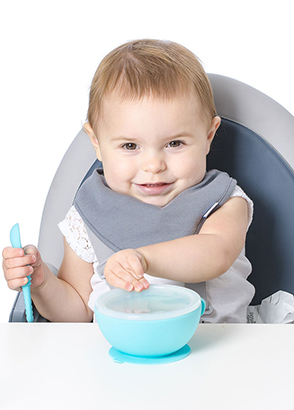 This training contains practical information on ALL ways to feed an infant, as well as extensive breastfeeding education. This is a stand-alone certification and is not affiliated or meant to be affiliated with any other program or credential.
This training contains practical information on ALL ways to feed an infant, as well as extensive breastfeeding education. This is a stand-alone certification and is not affiliated or meant to be affiliated with any other program or credential.
Quick Fix Baby Formula Recommendation
Help! I need a formula recommendation – NOW!
If you’ve found this page, then chances are – you are the parent of newborn.
You probably intended to exclusively breastfeed but something has changed, and your family has decided to feed baby formula to your new angel. Of course you are determined to find the absolute best brand. It is also likely 3AM, and you probably haven’t slept much (or showered) in the past few weeks and feel like a strange blend of mother hen meets zombie. I get it! I understand! …. and I can help …
This site is dedicated to taking the mystery out of baby formula and helping parents like you feel confident that they’re making the right choice for their baby.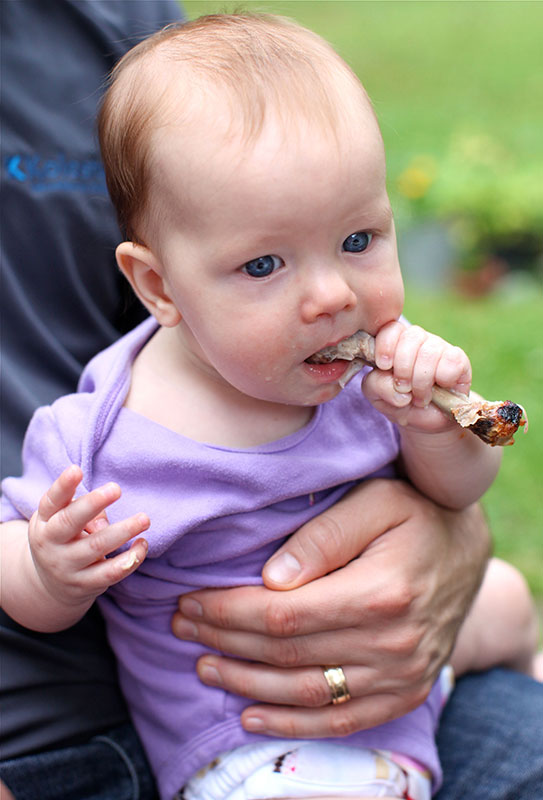 At the bottom of this page, there’s links to a lot of must-know information about choosing and switching baby formulas, along with lots of other info about baby health that will make you queen of the playground gang for sure! PLEASE promise me you’ll read it when you have time.
At the bottom of this page, there’s links to a lot of must-know information about choosing and switching baby formulas, along with lots of other info about baby health that will make you queen of the playground gang for sure! PLEASE promise me you’ll read it when you have time.
If you are desperate – here are some options to consider if you are just starting formula for the first time – remember to be sure your doc is cool with it first.
For healthy term infants with no major health complications
– who are younger than 3 months –
Here are some suggestions to get you started:
- Gerber GentlePro (or the generic!)
- Enfamil Reguline
- Burt’s Bee’s Ultra Gentle
In a nutshell – here’s why:
All are a partially hydrolyzed formulas that contain mostly lactose, ranging from 100% (Burt’s Bees Ultra Gentle) to 70% (GentlePro) to 50% (Reguline). The protein in Gerber and Burt’s Bees is whey-based, and Reguline is a blend of mostly whey and some casein. Gerber has a fancy PREbiotic found in breast milk, as well as a Probiotic. Reguline has a PREbiotic only.
Gerber has a fancy PREbiotic found in breast milk, as well as a Probiotic. Reguline has a PREbiotic only.
There is no wrong choice here! You don’t have to start off with a partially hydrolyzed protein. It is something that can be helpful for certain babies and newborns, and so worth disucussing with your doctor.
Here’s a link to the full breakdown of ingredients, and more details about each so you know why I like these formulas as a starter for tiny tummies.
For healthy term infants with no major health complications
– who are older than 3 months –
You have so many options!
To get started, look for a formula with an intact protein and carbohydrate as 100% lactoseHere are some such options: Bobbie Similac Pure Bliss Earth’s Best Dairy Happy Baby Dairy Burt’s Bees Dairy Similac Advance (any type)
- Bobbie Baby
- Similac Pure Bliss
- Earth’s Best Dairy Organic Formula (red can)
- Happy Baby
- Burt’s Bees Dairy Formula
- Similac Advance (any type, including store brand!)
- Enfamil Infant (any type, including store brand!)
There is no wrong choice here! Any choice is a fine place to start with a healthy baby. I like all these because each have additional whey (awesome) and have 100% lactose for the carbohydrate (a great place to start). None have corn-based sugars or table sugar.
I like all these because each have additional whey (awesome) and have 100% lactose for the carbohydrate (a great place to start). None have corn-based sugars or table sugar.
There are a few minor differences between them – mainly in the whey-to-casein ratio and whether or not the formula contains palm oil. For a full breakdown of the ingredients, visit here.
I hope that helps solve your immediate problem… take a deep breath … you are doing a great job!
After you are back from the grocery store, read my series all about infant formulas. This will make you an EXPERT on baby formula, and able to confidently trouble-shoot any issues that may come up.
Check out the answers to the most common Baby Formula FAQs, including “Does my formula need to be organic?” and “Is name brand formula better than store-brand?”
Still feeling overwhelmed? Wish I could walk with you and give you a step-by-step solution to finding the right baby formula? You’re in luck because I absolutely can!
I offer an online workshop if you need extra help. I am so confident it will help you, we have a 100% money back guarantee. Click here to get more information on the course and get started.
I am so confident it will help you, we have a 100% money back guarantee. Click here to get more information on the course and get started.
I am excited to take this journey with your family.
Your baby is just the best!
Dr. Young
Breastfeeding advice: experienced doctors will share their opinion and suggest how to do it right
Breastfeeding advice is essential for almost every new mother. The help of an experienced specialist helps to ensure a complete healthy diet for the newborn, which is the key to the normal growth and development of the crumbs. Breastfeeding is one of the most important elements in the formation of a baby's health. But there are a number of problems that many women face. They may suffer from cracks and engorgement of the nipples, soreness, nervousness and tearfulness of the child, falling asleep in the process. Such problems often arise due to incorrect or insufficient awareness of the mother. Eliminate them and help professionals.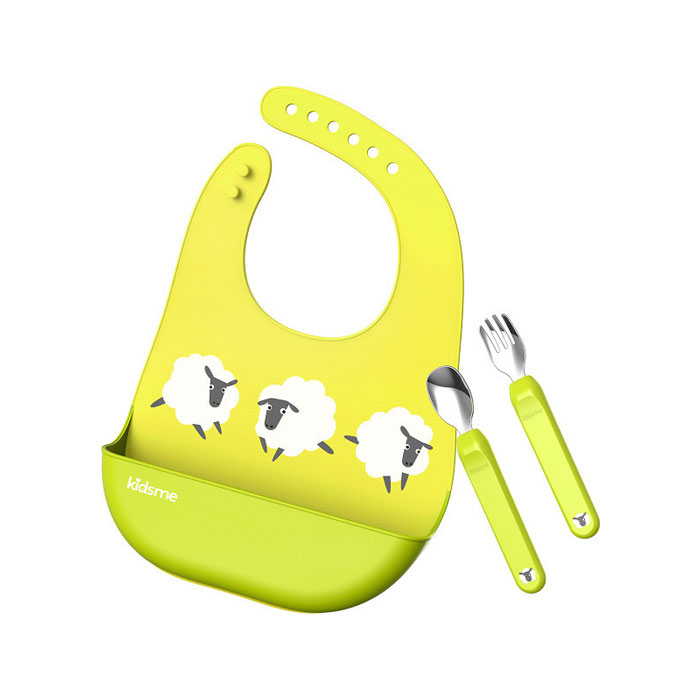
Consultants conduct individual trainings, within which:
- Finding the right position for a new mother to feed
- Demonstrate how to properly apply the baby
- Explain the importance of skin contact between mother and baby
Why is breastfeeding important?
Such feeding ensures the harmonious intellectual, physiological and psycho-emotional development of the child, prevents the risks of developing infectious, inflammatory and other diseases, reduces the likelihood of infant mortality due to pneumonia, diarrhea and other pathological conditions. Children who have grown up on mother's milk become more independent and confident, in the future they suffer less than their peers from asthma, childhood leukemia, necrotizing enterocolitis, ear infections, obesity, allergies, type 1 and type 2 diabetes.
In addition, breastfeeding contributes to the health of the woman herself. The process allows:
- Reduce the risk of developing breast and ovarian cancer
- Reduce the likelihood of cardiovascular disease
- Stabilize mental health after childbirth
- Improve quality of life
Breastfeeding allows you to provide natural contraception for 5-6 months after childbirth. The menstrual cycle with a regular diet of crumbs does not resume. A slender figure is also guaranteed (in the absence of concomitant pathologies). About 400-500 calories per day are spent on feeding. This is especially true for women who gained excess weight during pregnancy, but for some reason cannot start going to the gym. Breastfeeding also provides an opportunity to reduce financial costs. Quality blends of well-known brands are quite expensive. During lactation, a woman receives a sufficient amount of free time. The child is less sick, does not require complex care and treatment.
The menstrual cycle with a regular diet of crumbs does not resume. A slender figure is also guaranteed (in the absence of concomitant pathologies). About 400-500 calories per day are spent on feeding. This is especially true for women who gained excess weight during pregnancy, but for some reason cannot start going to the gym. Breastfeeding also provides an opportunity to reduce financial costs. Quality blends of well-known brands are quite expensive. During lactation, a woman receives a sufficient amount of free time. The child is less sick, does not require complex care and treatment.
When switching to artificial mixtures or with improper feeding in a baby:
- Impaired immunity
- Obesity may occur
- Gastroenteritis and enterocolitis occur
- Other pathologies develop
Women face:
- Pain while suckling at the breast
- Lactostasis
- Mastitis
- Loss of milk
- Rapid weight gain
- Risk of developing diabetes and metabolic syndrome
In addition, the likelihood of unwanted pregnancy, the development of cancer, and the occurrence of postpartum depression increases.
When do I need advice on breastfeeding?
You need to use the services of professionals in the following cases:
- If the child is naughty, refuses to eat, bites, cries or falls asleep
- If there are problems with the chair
- When baby spit up milk
- Premature newborn
- Birth of twins or triplets
- Milk stasis, deficiency or excess
- For sore breasts, retraction, engorgement and cracking of the nipples
- For asymmetric changes in the size of the mammary glands
- If the newborn is obese or underweight
Also, consultants will provide support if a young mother is forced to go to work or leave home for a long time for other reasons, wants to stop feeding her child.
Important! In some cases, you should contact mammologist surgeons. Such specialists help with severe pain, the appearance of redness and induration in the mammary glands, the discharge of pus from the nipples, an increase in the overall body temperature, and an increase in the lymph nodes in the armpits. Make an appointment as soon as possible, as such conditions are dangerous to health.
Make an appointment as soon as possible, as such conditions are dangerous to health.
What will the lactation specialist do when he arrives at home?
The consultant will assess the situation and develop a further action plan. The specialist will show how to properly feed the child, help to work out the technique of the process. If necessary, he will teach the young mother to use special devices. As a rule, the visit of a professional lasts 1-2 hours. The time of the visit must be agreed in advance. It should coincide with the feeding period.
Consultant:
- Studying mother's behavior, listening to her complaints, answering questions
- Assesses the infant's well-being and behavior, weight gain, type of stool and amount of urine produced
- Examines the mammary glands of a woman
- Selects the optimal postures that are comfortable for both mother and baby
- Conducts a feeding master class
- Teaches you how to take care of your breasts
- Explains how to prevent complications
- Helps in choosing comfortable bras
- Composes an individual diet for a breastfeeding woman
- Talks about taking medications and eating certain foods
Calling a specialist at home.
 Service benefits
Service benefits Consulting a breastfeeding specialist at home has many benefits. These include:
- Familiar home environment
- Possibility of a visit at a convenient time
- No need for a long wait
By calling a specialist at home, you do not have to go with your child to a medical facility, sit in a queue, and expose your baby to the risk of contracting various diseases. A professional will be able to give maximum attention to all existing problems. If necessary, not one, but several consultations are held. The specialist can come as many times as necessary.
Benefits of contacting MEDSI
- Complete consultations on breastfeeding. MEDSI specialists will not only tell you about all the rules, but also help prevent complications arising from the wrong actions of a young mother
- Possibility of leaving the house. A specialist can come to you when it is most convenient. Home use will eliminate stiffness and other restrictions.
 This will create an atmosphere of trust
This will create an atmosphere of trust - Experienced consultants. Our specialists have been working for a long time, constantly improving their skills, applying modern methods and techniques
- Joint work of several professionals. If necessary, you can also seek support from our other doctors
- Ability to diagnose potential pathological conditions. All examinations in MEDSI can be completed as soon as possible
If you want to clarify the price of a breastfeeding consultation or seek the help of professionals, call +7 (495) 7-800-500.
How to get help with breastfeeding | help with breastfeeding
Many mothers need help with breastfeeding, especially in the first days after giving birth. Where can you get it?
Share this information
Some mothers breastfeed easily, but many need help. There are many ways to avoid problems and start breastfeeding successfully.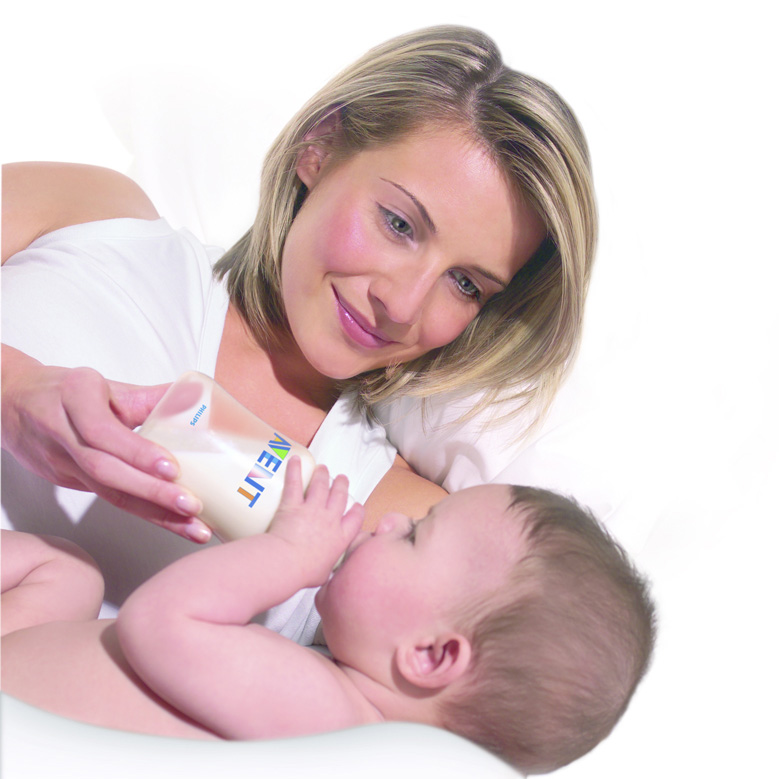
Before the birth of a child
Every mother-to-be would do well to take courses for pregnant women. In these courses, you will learn the importance of skin-to-skin contact in triggering milk production and receive other helpful breastfeeding tips. The course leader can provide you with a list of local lactation consultants and breastfeeding support groups. If the manager does not have this information, find out about local specialists, hotlines and support services yourself.
Be sure to include breastfeeding and early skin-to-skin contact with your baby in your birth plan. It is important that the medical staff is aware of your wishes.
Who can provide breastfeeding support?
Seek help immediately after giving birth if you need it. Small problems can quickly turn into big ones, but most of them are easy to fix if you take action right away.
Medical professionals such as obstetricians, nurses and physicians often have basic breastfeeding training. If you have more complex problems, you should contact professionals with a narrow specialization. These are lactation consultants (including self-help and breastfeeding support professionals).
If you have more complex problems, you should contact professionals with a narrow specialization. These are lactation consultants (including self-help and breastfeeding support professionals).
Self-help members
These are mothers who have experienced breastfeeding and have been trained to help with common problems. They can assess whether the baby is latching on well and getting enough milk. If the grip is wrong, they can suggest a more comfortable position for feeding. For more serious problems, they can recommend a qualified technician.
Breastfeeding support specialists
Breastfeeding support professionals (eg, La Leche Liga, AKEV) have more knowledge and can help with more serious problems, such as if the baby is not gaining enough weight or does not want to latch on.
Lactation Counselors
Lactation Counselors help with more complex problems. It can diagnose insufficient milk production and assist with breastfeeding premature babies.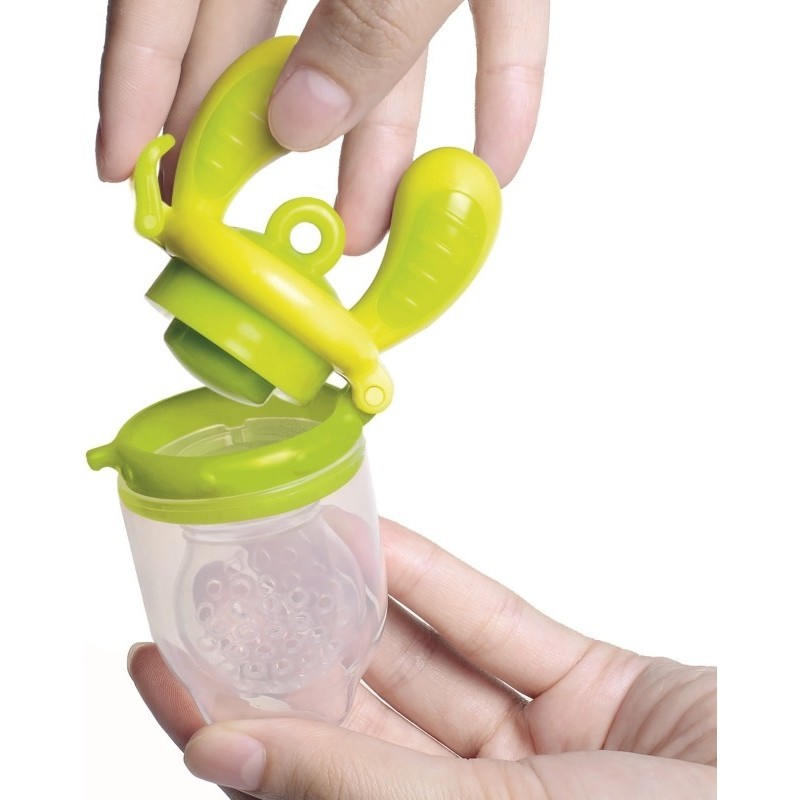
What problems can experts help with?
Here are some of the most common breastfeeding problems and links to detailed articles on them.
Latching problems
Ideally, a newborn baby will be able to latch on by himself in the first few hours of life. If this does not happen, or if the latch makes you uncomfortable, the obstetrician or self-help member can check that you are properly latching on to your baby. If the maternity hospital has already performed such a check, but the problem has not been solved, do not hesitate to ask for it again. If the baby does not take the breast after a day, and you have already been discharged from the hospital, contact a consultant for further support. Read more in the article on the correct grip on the chest.
Sore nipples
This problem is almost always due to the fact that the baby does not latch on properly. A member of the self-help movement or a breastfeeding support specialist will suggest a better position for the baby. If you experience severe pain or inflammation that does not go away even after changing position, seek the help of a consultant to find out the cause. Read more in the article about sore nipples.
If you experience severe pain or inflammation that does not go away even after changing position, seek the help of a consultant to find out the cause. Read more in the article about sore nipples.
Breast swelling
The best way to avoid breast swelling (a condition that occurs on the second or fourth day after birth, when the breasts fill up and harden from incoming milk) is to feed your baby often. Your lactation consultant will teach you how to massage your breasts and how to express milk manually or with a breast pump to help relieve discomfort. If you are unable to breastfeed your baby due to swelling of the mammary glands, you should consult an obstetrician. Read more in the article about swelling of the mammary glands.
Problems with milk production
Many mothers in the first days after giving birth worry that they are not producing enough milk. A self-help member, obstetrician or nurse will help you calm down and explain that during this period it is perfectly normal for a child to ask for a breast every one to two hours.

